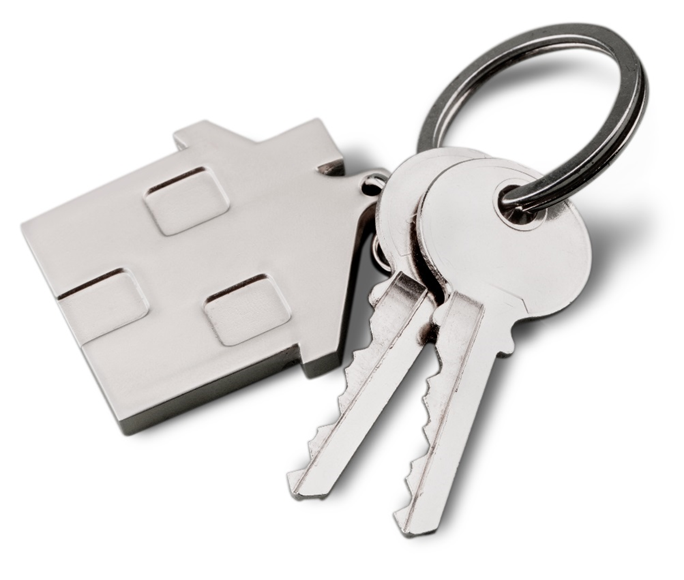Who is Considered a First-Time Homebuyer?
Mortgage
The US Department of Housing and Urban Development (HUD) established criteria to help lenders identify first-time homebuyers for Federal Housing Administration (FHA) loan programs. According to HUD, a first-time homebuyer is an individual who meets any of the following criteria:
- An individual who has not held ownership in a principal residence during the three-year period ending on the date of the purchase.
- For couples, if one spouse is/was a homeowner but the other has not owned a home, both spouses are considered first-time homebuyers.
- A single parent who has only owned a home with a former spouse while married is considered a first-time homebuyer.
- An individual who is a displaced homemaker (has worked only in the home for a substantial number of years providing unpaid household services for family members) and has only owned a home with a spouse is considered a first-time homebuyer.
- An individual who has only owned a principal residence not permanently affixed to a permanent foundation in accordance with applicable regulations (such as a mobile home).
- An individual who has only owned a property not in compliance with state, local or model building codes and which cannot be brought into compliance for less than the cost of constructing a permanent structure.
The benefit to qualifying as a first-time homebuyer is access to programs offered through Federal Housing Administration (FHA). Programs can include low mortgage rates, low down payment, low closing costs, and loans for lower credit scores than required for conventional (non-FHA) loans.
For more information about mortgage programs offered by Enterprise Bank including FHA programs, please visit www.enterprisebanking.com/personal/loans/mortgage.
For more information on HUD or FHA, please visit www.hud.gov.
